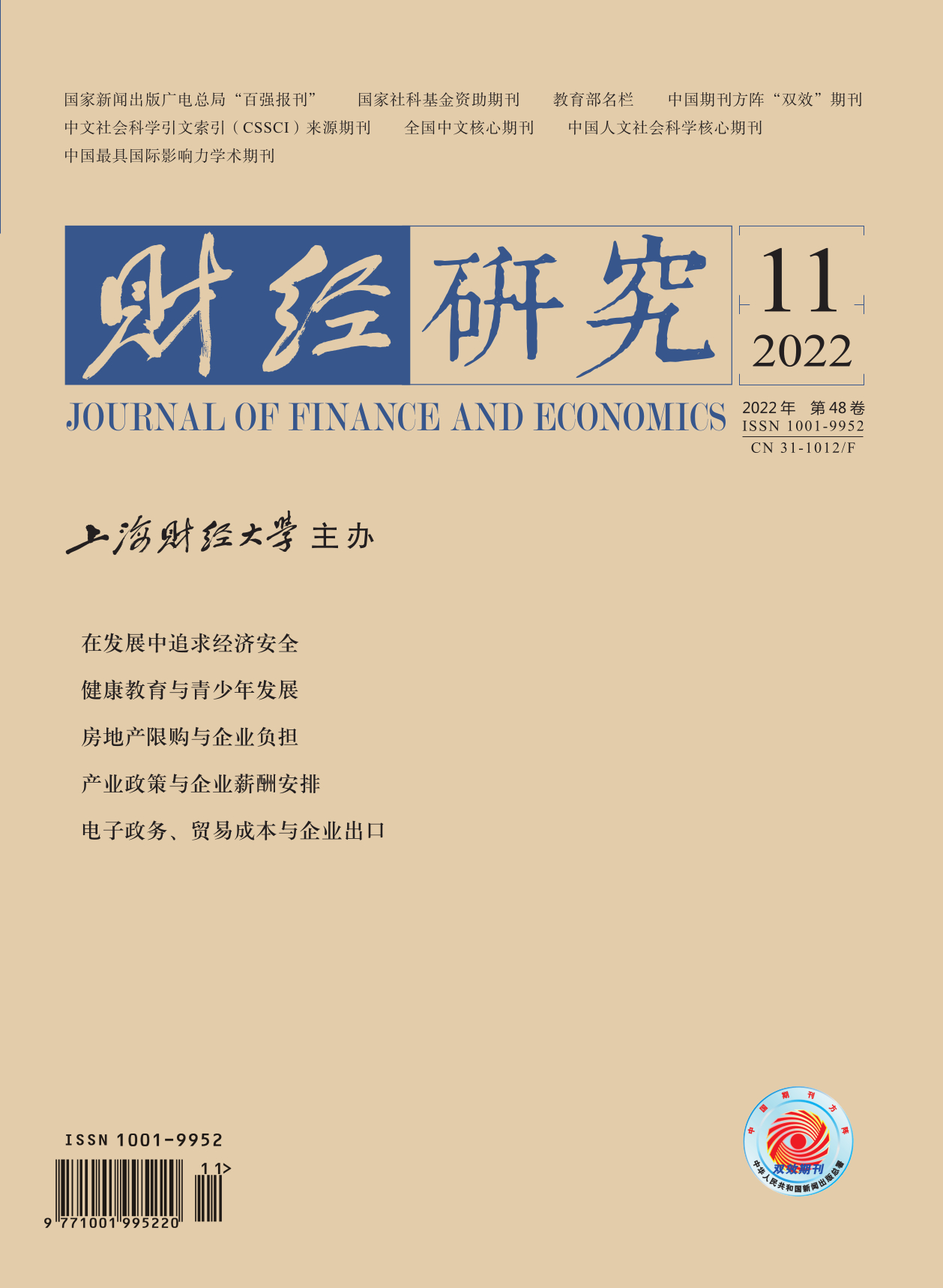The education of migrant children is a major issue related to the efficiency of labor resource allocation and economic development potential. However, because the current urban public education resources cannot be allocated according to the permanent population, in order to avoid the potential crowding of quasi-public goods, large cities have set up a series of threshold policies for migrant children.
This paper finds that: (1) In exchange for their children’s schooling opportunities in the local area, some floating population will choose to participate in social insurance in the inflow area when their children are close to the school age of compulsory education. (2) At least in the short term, the behavior of participating in social insurance near the children’s schooling age does not bring the benefits of social insurance itself to the floating population. (3) Threshold policies are more likely to force middle- and low-educated people to change their decision-making for insurance for their children’s education. Moreover, children of low-income groups are more likely to lose the opportunity to relocate and enjoy urban public education resources.
The possible contributions of this paper are as follows: First, from the research perspective, this paper links the two important public services of education and social insurance, and then examines the consequences beyond policy intentions caused by individual behavioral adjustments. This is helpful for a more comprehensive understanding of the impact of the household registration discrimination policy in public education, and forms a certain supplement to the research on the equalization of household registration in public services and the low insurance participation rate of floating population. Second, heterogeneity analysis in this paper shows that the formulation of public education policies needs to fully consider the differences between groups, especially the protection of the rights and interests of low-skilled and low-income floating population, so as to avoid superimposed equity losses, which has strong policy implications.





 6712
6712  4815
4815

